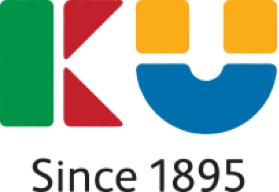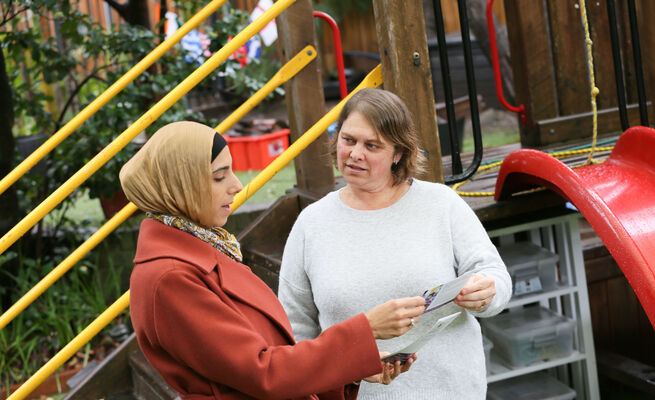Understanding the stages of change for families.
Realising that their child may have developmental differences and taking steps to seek assessment or intervention is a process every parent and carer goes through in their own way and time. When educators raise concerns with families about their child's development, they are asking parents to make changes in the way they see their child. Understanding this process and potential perspectives of families through the lens of the transtheoretical model of change (also known as stages of change) may help you to match the support you provide with the families' current thinking about how their child is developing. This can enable the family to understand what this may mean for their family and to plan and act on the best next steps (Prochaska, & DiClemente, 1982).
| Stage | Indication | Support |
|---|---|---|
Stage Pre-Contemplation ("I don't see this as an issue or I don't feel ready to change yet.") |
Indication The family doesn't seem to have noticed differences in their child's development from their typically developing peers. |
Support Offer general information that helps to raise awareness about typical development. E.g. Fact sheets about language milestones shared with families via StoryPark. Ensure information is non-threatening and avoid direct advice. |
Stage Contemplation ("Maybe something needs to change.") |
Indication The family are expressing concerns about their child's learning or behaviour. |
Support Listen to their concerns or shared observations of their child and share what you know about their child's strengths and needs. Developmental screening tools such as the 'Ages and Stages Questionnaires' can be helpful in unpacking the families' and educator's concerns. Explore the potential benefits or concerns associated with seeking assessment or intervention. |
Stage Planning for Change ("What do I need to do now?") |
Indication The family are considering seeking assessment or intervention for their child. |
Support Provide information about what services are available to support them and their child. Discuss possible pros and cons of support types e.g. waiting times or financial costs. If needed, offer to help families by making referrals and/or providing report about the child's participation at preschool. |
Stage Action (I'm ready to take action.) |
Indication The family begin the process of seeking developmental assessment and/or intervention for their child. |
Support Positively reinforce the family's choices and continue to provide support through this process. Liaise with other professionals with parent consent. |
Stage Maintenance ("I can see these changes are an improvement.") |
Indication The family commits to pursuing intervention and employing developmental support strategies for their child. |
Support Continue to support the family in their efforts. Where feasible, implement consistent strategies at preschool. Involve the family and any other professionals in developing and evaluating an ILP for the child. |
Stage Relapse ("I can't see that the pros of this change outweigh the cons right now.") |
Indication Families choose not to continue with intervention, either temporarily or permanently. There are many reasons that this may occur including: time, financial limitations, family stress, a negative experience or a lack of desired progress. |
Support Respectfully support the family in their decisions. Continue to involve the family in planning, evaluating and decision making in regard to their child's ILP. Employ best-practice inclusive strategies to support the child's development and participation at preschool. |
Prochaska, J. O., & DiClemente, C. C. (1982). Transtheoretical therapy: Toward a more integrative model of change. Psychotherapy: Theory, Research & Practice, 19(3), 276–288.

